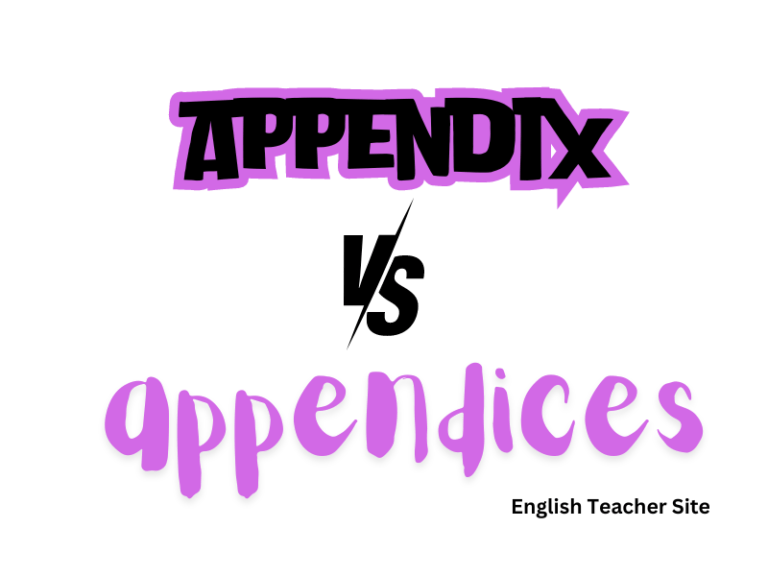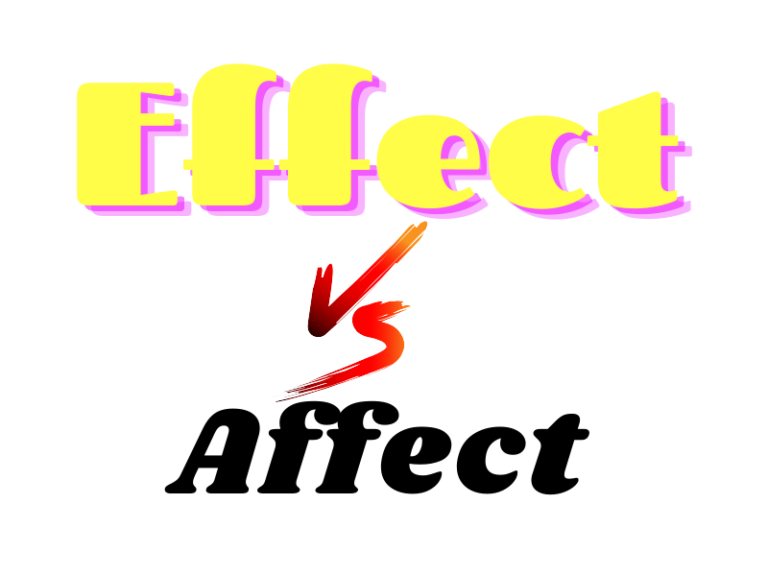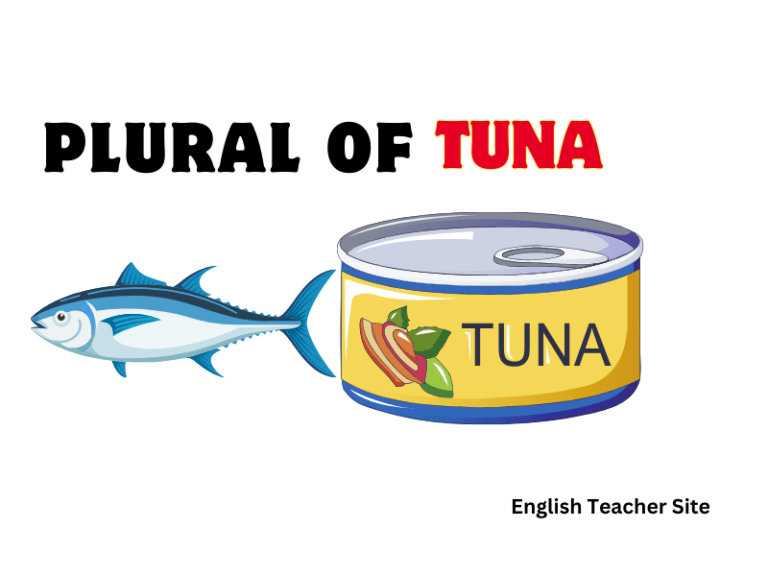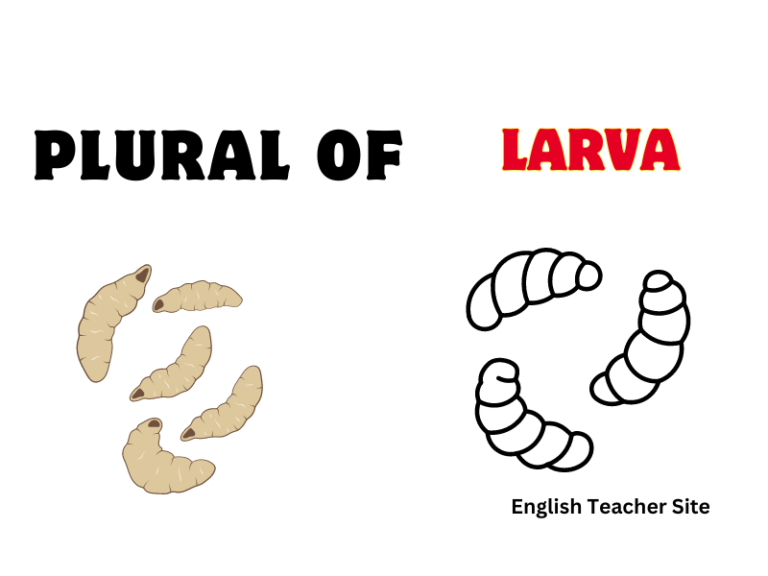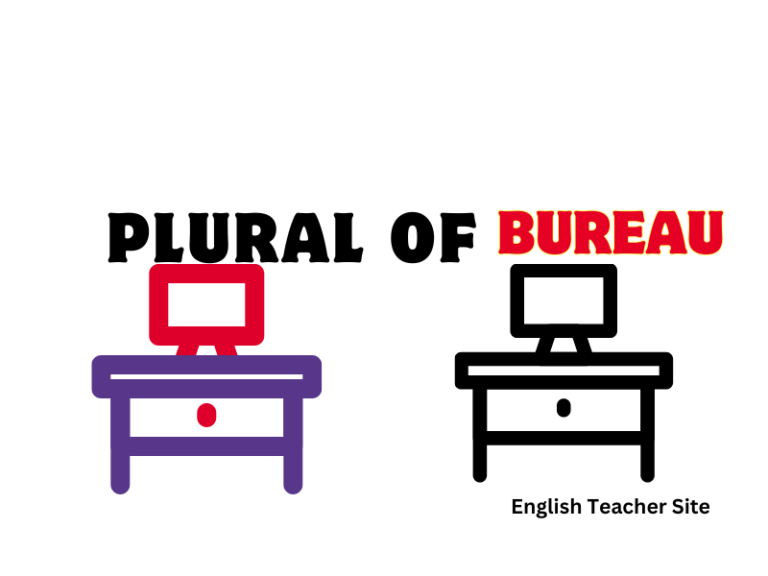Whether vs Weather: Understanding the Difference and Usage in English
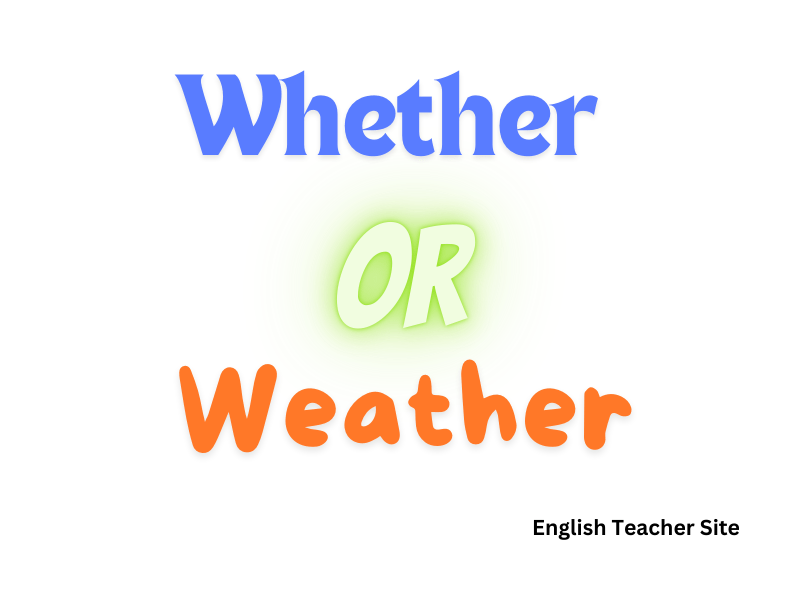
- “Weather” relates to atmospheric conditions, while “whether” introduces alternatives.
- Correct use of homophones is vital for clarity in written and spoken English.
- “Weather” and “whether” illustrate how English spelling impacts meaning.
Homophones like “weather” and “whether” often cause confusion due to their similar pronunciation, yet they carry entirely different meanings. “Weather” can be both a noun and a verb pertaining to the state of the atmosphere, including such conditions as temperature, wind, rain, or sunshine. On the other hand, “whether” is a conjunction used to introduce alternatives or express a doubt or choice between options. Knowing when and how to use these words is essential for clear communication and proper grammar.
Whether vs. Weather
Whether is a conjunction commonly used to introduce choices or possibilities. It indicates that there are alternatives to consider.
Weather, on the other hand, can be a noun or a verb relating to atmospheric conditions. As a noun, it describes the day-to-day state of the atmosphere, and as a verb, it means to withstand or endure, often in the context of difficulty.
Examples in Sentences
Weather:
- As a noun: “The weather forecast predicts rain for tomorrow.”
- As a verb: “The old barn has weathered many storms.”
Whether:
- “She couldn’t decide whether to wear a coat.”
Usage Table for “Whether”
| Function | Example Sentence |
|---|---|
| Choice | He’s not sure whether he’ll go by car or by train. |
| Possibility | Whether she’ll attend the meeting remains unknown. |
| Condition | Whether it rains or not, the game will be played. |
Usage Table for “Weather”
| Form | Meaning | Example Sentence |
|---|---|---|
| Noun | Atmospheric conditions | The weather is sunny today. |
| Verb | To endure or withstand | The ship weathered the storm. |
Examples of Sentences Using “Weather”
Below are examples that illuminate its usage in various contexts, aiming to enhance one’s comprehension and application of the word “weather.”
As a Noun:
- The weather in the mountain region can change rapidly.
- They postponed the picnic due to the inclement weather.
Expressions:
“Weather” as a noun is often utilized within common expressions:
- under the weather (feeling slightly ill or out of sorts)
- keeping an eye on the weather (monitoring atmospheric conditions)
As a Verb:
To “weather” as a verb indicates enduring or surviving a particular condition.
- The sailors managed to weather the storm.
- This old barn has weathered many winters.
Table of Weather Expressions and Sentences
| Expression | Sentence Example |
|---|---|
| under the weather | She’s feeling under the weather today. |
| keep an eye on the weather | Let’s keep an eye on the weather before we plan our outing. |
Table of Weather Used as a Verb:
| Usage | Sentence Example |
|---|---|
| Literal | The ancient tree has weathered countless storms. |
| Figurative | He will weather the challenges of this new job. |
Examples of Sentences Using “Whether”
Here are examples showcasing the use of “whether”:
- She couldn’t decide whether to have tea or coffee with her breakfast.
- They are planning to go hiking, whether the guide recommends it or not.
- The player expressed uncertainty about whether he would be fit in time for the match.
To further illustrate the use of “whether,” consider the format of two simple tables:
| With “Whether” | Without “Whether” |
|---|---|
| Whether she attends is up to her. | Her attendance is up to her. |
| I’m uncertain about whether to invest in the stock. | I’m uncertain about investing in the stock. |
Another set of examples can be presented using bullet points to emphasize their structure:
- Whether to buy a house or continue renting is a major decision for them.
- Ask him whether he prefers the red shirt or the blue one.
- He wondered whether the weather would be favorable for sailing.
Unraveling the Origin of “Weather” and “Whether”
Weather and whether—two words often confused due to their pronunciation but distinct in both meaning and origin. Let’s explore the origins of these two terms to understand their use and significance in the English language.
The term “weather” has its roots in the Old English word weðer, which has similar cognates in other Germanic languages, such as the Dutch weer and the German Wetter. The meaning has remained fairly stable over time, referring to atmospheric conditions like rain, sunshine, wind, and snow.
| Old English | Middle English | Modern English |
|---|---|---|
| weðer | weder | weather |
“Whether”, on the other hand, comes from the Old English hwæðer, which originally meant “which of two” and was used to express a choice or doubt between alternatives. Over time, its use expanded as a conjunction introducing possibilities or indicating uncertainty.
| Old English | Middle English | Modern English |
|---|---|---|
| hwæðer | whether | whether |
When writing or speaking, it is helpful to remember:
Weather refers to:
- Climatic conditions
- To endure (as in ‘to weather a storm’)
Whether denotes:
- A choice or alternative (e.g., “Whether to stay or go”)
- Doubt or possibility (e.g., “I’m uncertain whether it will rain”)
My name is Khamis Maiouf. I am the creator of the English Teacher Site, dedicated to providing valuable resources and insights for students around the world. With a passion for education and a commitment to helping students enhance their skills, I aim to make English teaching more effective and enjoyable for both educators and students.

